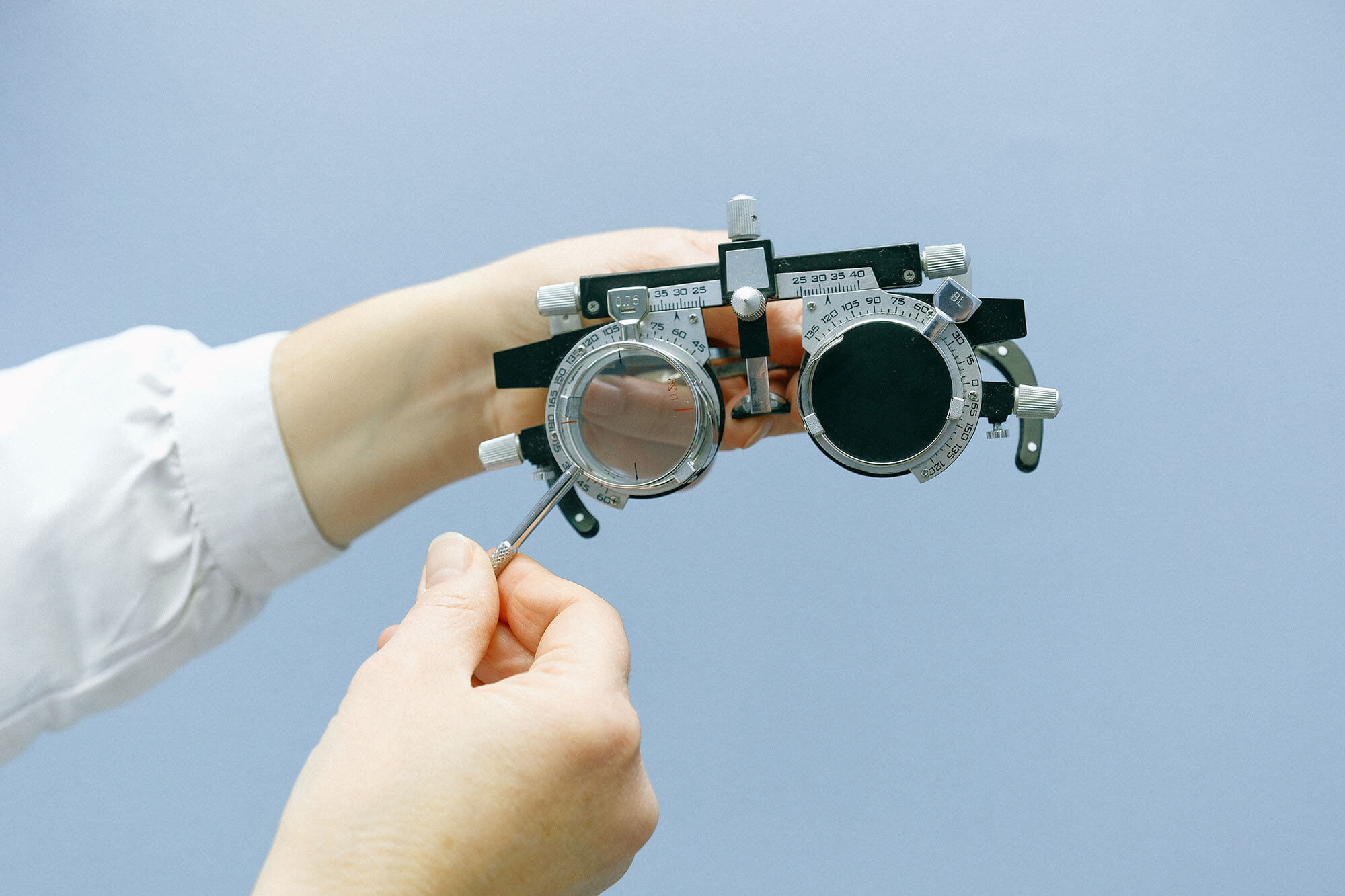As a public health profession, optometrists provide eye care to a large cross-section of the population. Their work can impact the lives of all ages, genders, ethnicities, and orientations. Yet, many eye doctors are not fully aware of their unique position to identify and solve larger systemic health concerns in their patient communities. The optometrist’s role in public health generally falls into the following areas:
Patient Care
First and foremost, optometrists serve each and every patient who comes into their exam room. Good care is based on knowledge, experience, subject expertise, and doctor-patient trust. Serving the community through one-on-one interaction is of primary importance to improving individual health. The whole of the population is only as healthy as the individuals in it.
Health Observer
Optometrists are in a unique position to uncover broader public health issues in the communities they serve. While their day job is to serve each patient’s needs, astute practitioners notice the prevalence of health problems among their patients that may or may not be directly related to eye care. This information is useful toward proactively addressing these concerns for the public at large.
Educator
The way to effect changes in the public is to teach the target population how to identify a particular health concern and what to do about it. There are several ways an eye doctor can go about this. Directly educating a patient is the best first step, but the immediate impact is limited to the patient and family alone. Instead, optometrists may want to reach out to those groups that have shown to be susceptible based on community health observations.
Take “Convergence Insufficiency (CI)” as an example. CI occurs when the eyes are not able to work together to focus on objects close at hand. The condition causes headaches, double vision, and tired eyes, making it difficult to read or concentrate. If an optometrist sees a common occurrence of CI among school-age children and teens in their community, they may want to reach out to their local school district. Then, districts can provide training to parents and teachers about how to identify the symptoms.
Specialist
Eye doctors may not want to be involved in every public health issue that comes to their attention. The sheer size of public health needs is more significant than any one optometrist can handle. As such, they tend to specialize according to their interest and abilities. When they notice health issues outside the scope of their practice, they can refer out to a relevant medical care provider for support.
Other
As a matter of interest, routine eye care can uncover other critical health issues in patients –such as high blood pressure. Unregulated high blood pressure leads to stroke, heart disease, and kidney failure. The eyes can also reveal the damage caused by smoking, obesity, poor diet, and nutrition –all of which are known public health issues that a good optometrist can address in the broader population.
There’s much more that can be said on the topic. Feel free to contact our eye care team for more information about it.






